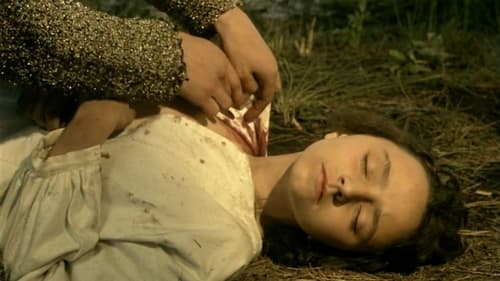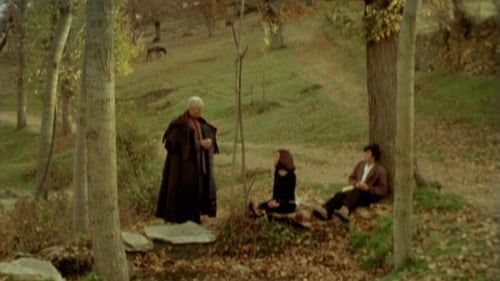
In 1972, Maria Isabel Barreno, Maria Teresa Horta and Maria Velho da Costa published the book As Novas Cartas Portuguesas [New Portuguese Letters], addressing topics forbidden and censored during the Estado Novo regime such as the colonial war, adultery, rape and abortion. The book was immediately banned and the writers were prosecuted for crimes against morality. The legal proceedings caused waves of protest around the world, giving rise to an international network of solidarity. In the film, the “three Marias” tell their story, before and after one the first major feminist struggles in Portugal.

Screenplay
A woman recovering from a personal tragedy imprisons a man she met at a party, shutting him in a room of a building demolition.

Dialogue
Teresa is a soap-opera actress. Meeting again an old passion brings her back apparently lost memories, leading her to question not only her love life but also her career options. In the studio, the daily work is spiced by the frenzy group of younger actors.
After all, they all ask the same question: where does happiness lies?

Writer
Cecília is sixteen years old. She has a prosthesis in her left hand and a new love, but she does not have her mother's attention.

Screenplay
In a remote island where mourning was settled, a man decreed that there will never be sex or children anymore... The island gets desolate and he decided to send his daughter, Adriana, to the mainland to form a family by natural methods.

Screenplay
Lúcia is an independent woman who lives alone in Lisbon. Her father commits suicide leaving her a message on phone recorder, revealing a letter he wrote. However Lúcia can't find it in her father's house. On that visit she ends up meeting with her mother, a known political activist with whom she has a distant and tense relationship. In hope of finding the letter, Lúcia leaves to the farm where she grew up, on an isolated location. There she reencounters Álvaro, an old childhood companion, who shares a little life time he has left between roses and the piano, and the guardian angel that follows and protects her through nocturnal wanderings.

Screenplay
Fernanda, António and Quim are travelling by train to a provincial Portuguese industrial city. Fernanda, a teacher, agrees to replace a pregnant colleague. António is returning to the home he was forced to flee long ago, accused of setting fire to the Duarte’s factory. At the station he bumps into Mariana who is in love of him. António is not welcome and is violently attacked by a group connected to Duarte ...

Dialogue
A bewitching combinatory adaptation of the Bluebeard tale and a 15th century Portuguese fable of a damsel who disguises herself as a knight errant.

Writer
Parallel tales of young couples desperately escaping cruel false fathers, each couple on the run across different regions of the country and during increasingly contemporary time periods.

By cross-editing footage of Portuguese workers protesting against NATO forces and various movies, Monteiro shows how one 'sword' can confront the army.

Writer
By cross-editing footage of Portuguese workers protesting against NATO forces and various movies, Monteiro shows how one 'sword' can confront the army.









